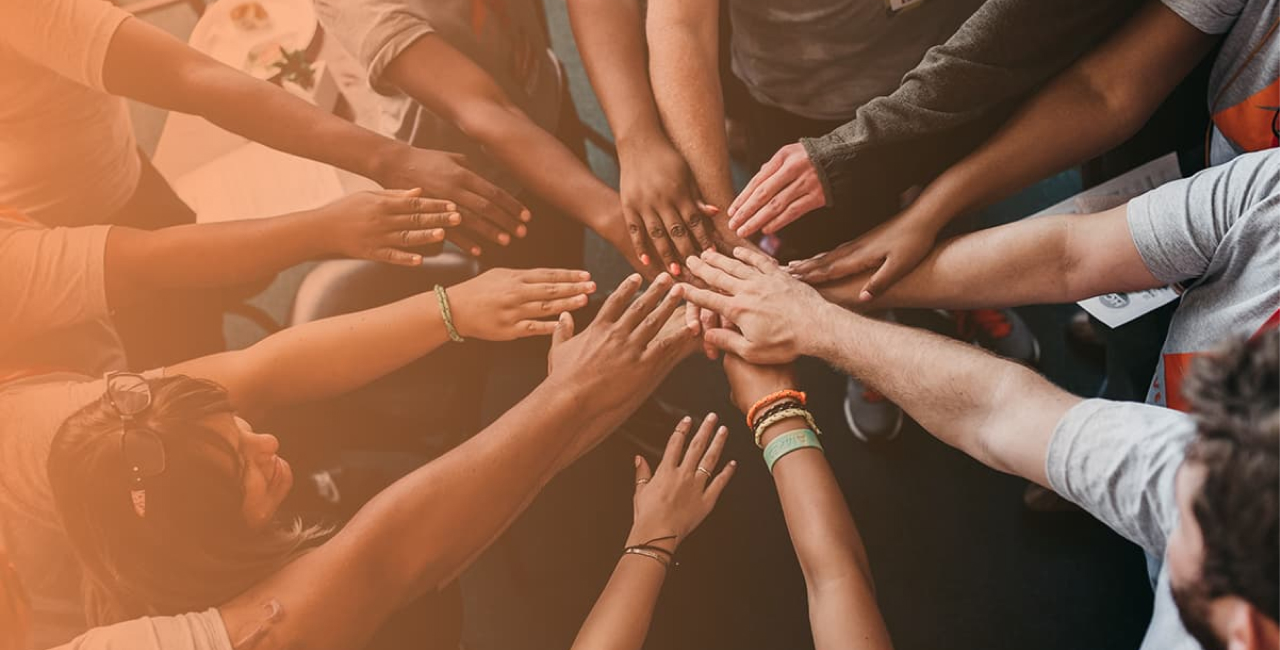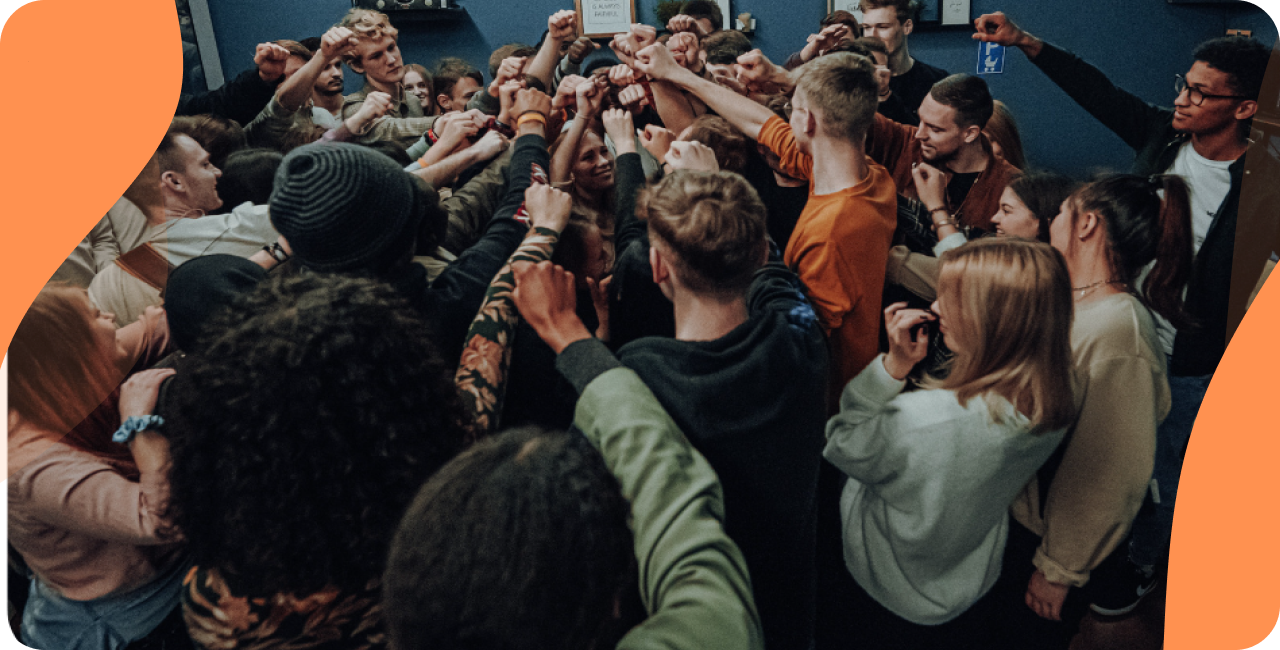

For many years now, community radio stations have been the heartbeat for groups of people all over the world. As well as providing relevant news and information, they also create a sense of belonging and support for those involved. Let’s take a look at the many benefits of creating a radio station for your community.
Community radio is aimed at specific geographical audiences and communities that group people of the same interests. They address people in the same location, or of the same religion, ethnicity, origin, sexual orientation, etc.
They are owned, managed, and influenced by the communities they aim to serve. The content offered is relevant to their target audience and generally includes debates, news, and music focused on the theme that brings its listeners together. For example, a radio station for expatriates that broadcasts music from the country of origin of its listeners.
We can trace the origins of community radio back to the 1940s during a labor strike in Bolivia, offering media access to union members and their families. In 1949, the first US community radio station was established by Pacifica Foundation. From then on, community radio grew into a global phenomenon and it continues to expand throughout the world to this day.
Originally broadcast on FM radio, community radio was exclusively local as the airwaves could only travel a certain distance. However, with the arrival of online radio stations, it has become a way to gather people from all over the world. It’s no longer based on geographical similarity but brings together people who have the same background, ethnicity, religion, hobbies, and interests together, regardless of where they are in the world.


This evolution has given radio the opportunity to expand the sense of community, especially during difficult times such as the recent global pandemic.
So we’ve established that community radios serve specific groups of people by providing information and relevant content. Let’s dive into the reasons why creating this type of radio station is beneficial to those involved.
First and foremost, community radio started to help keep people informed of news and events happening in their local area. This is still true today, although as we’ve seen it’s no longer limited to geographical boundaries as it once was.
Being informed of what’s happening in their community is extremely important as it allows people to get a better understanding and develop their own opinions. This ultimately helps them take action against any issues that may occur within the community.
Creating a sense of belonging is also a major part of community radio. It gives people the opportunity to voice their opinions on what matters to them and others around them. It’s a great way to show people that they are not alone and are surrounded by people who share something in common.
Whether they are listening alone or in groups, tuning into the same broadcast creates topic discussions and opens a dialogue for those involved. These discussions are what help create a real bond within the community.
Furthermore, as people begin to listen regularly, they will become familiar with the radio presenters and create a close bond with them. Although generally many people are invited to participate, having a consistent team will create trust between listeners and radio hosts.
This type of radio is also involved in promoting economic growth through local entrepreneurs that can advertise on the station. By promoting local businesses they are helping to increase sales for that particular brand which provides more money for the local economy.
If the community radio is not based on a local area but rather a group of people with the same interests, they can promote businesses that are directly related to that group. For example, a knitting community could promote ethical brands of wool or yarn.
Community stations are often described as “radio for the people, by the people.” This essentially means that anyone can get involved! There’s no need for people to have experience in radio broadcasting as there is much more to running a station than that. You can encourage members to participate in:
This will reinforce the sense of belonging and allow people to give back to their community.
Community radio shows can be a great way to preserve culture and traditions through storytelling, interviews, and music. Making culture and tradition a part of the radio is a way of passing it down from generation to generation and keeping it alive!
For example, Radio Ada (East District in Ghana) broadcasts daily cultural content. This programming includes storytelling, traditional cookery, book reading, cultural discussions, and traditional music featuring local artists.
Regardless if the project is large or small, community radios have the power to connect people. Ready to start your own radio station? Launch a free 14-day trial with RadioKing today.
Live radio broadcasting requires a stable and high-quality software encoder to ensure seamless audio streaming…
With the rise of digital communication, educational institutions are increasingly exploring new ways to engage…
Taking live calls on your radio show is a great way to connect with your…
If you're running a radio station (or thinking of starting one), you've probably heard that…
Radio is everywhere. It’s in our cars, our homes, and now, thanks to the internet,…
Recording outdoors can be a rewarding yet challenging endeavor for radio hosts and podcasters. The…